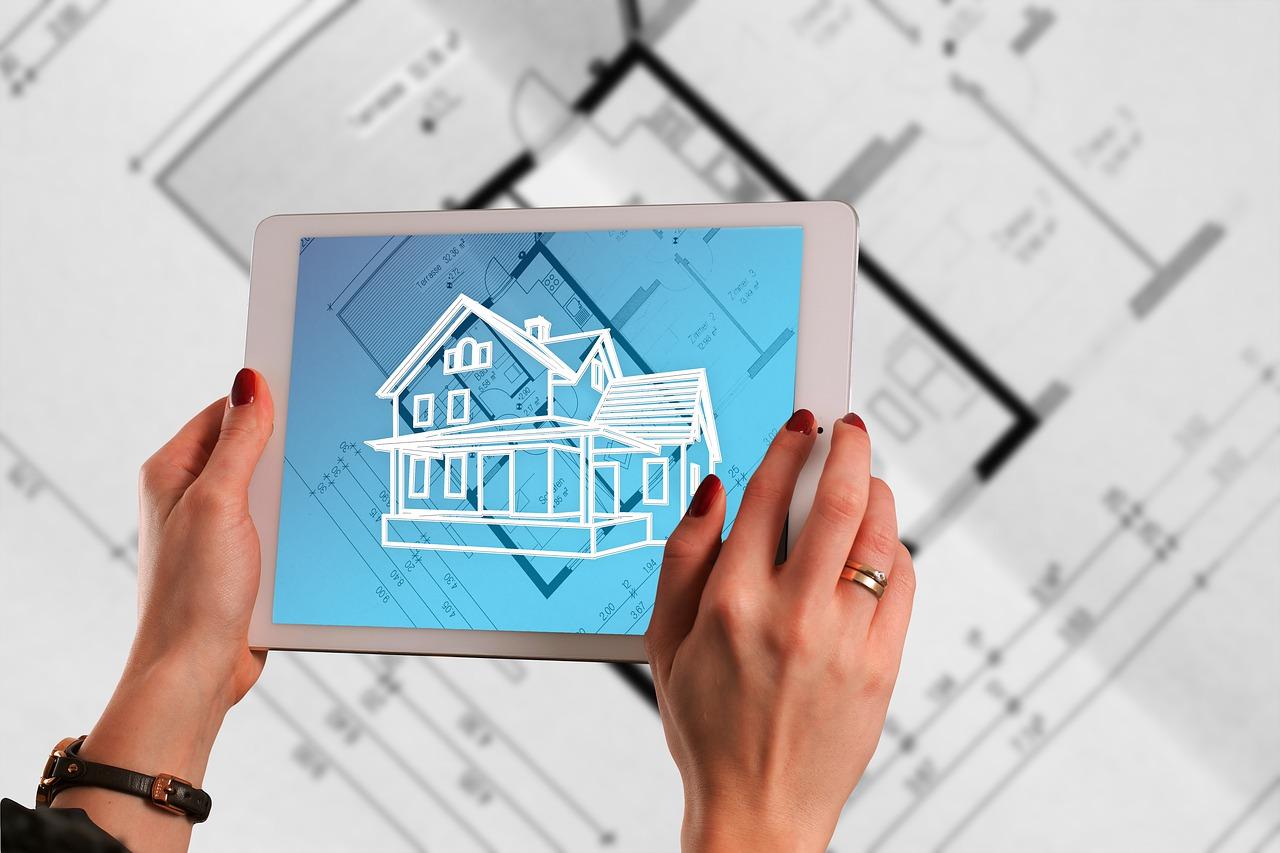
What is the Future of Virtual Reality in Real Estate?
Virtual reality (VR) is an emerging technology that has already significantly impacted the real estate industry. The ability to create immersive virtual experiences replicating physical spaces is revolutionizing how properties are marketed, sold, and designed. 3D virtual house tours have made trading houses much more convenient. In this blog, we will explore the future of virtual reality in real estate and discuss some of the potential benefits and challenges of this technology.
Benefits of 3D Virtual House Tours for Selling and Buying Houses
Interactive and Communicative
One of the most significant advantages of virtual reality in real estate is its ability to display properties to potential buyers in an immersive and interactive way. Real estate agents can offer prospective buyers a realistic and comprehensive view by creating a virtual replica of a property, allowing them to explore every corner of space. This can be particularly useful for buyers in different cities or countries, as it allows them to view properties remotely without visiting them physically.
Convenient Staging
Virtual reality can also be used to stage properties in a way that is both cost-effective and flexible. Traditional staging methods can be expensive and time-consuming, as furniture and accessories must be transported and arranged on the property. With virtual staging, agents can create photorealistic 3D models of furniture and decor, allowing them to highlight unique design options quickly and easily to potential buyers. This can be particularly useful for vacant properties, which can be difficult for buyers to envision as livable spaces.
Design and Construction Details
By creating a virtual model of a property, architects, and builders can evaluate distinctive design concepts and make changes in real time, allowing them to iterate and refine their ideas quickly. This can reduce the time and cost of the construction process while also ensuring that the final product meets the needs and preferences of the client.
Challenges of 3D Virtual House Tours for Selling and Buying Houses
There are also some potential challenges associated with the use of virtual reality in real estate. One of the most significant is the cost of the technology. While the cost of VR headsets and software has decreased in recent years, it can still be prohibitively expensive for some real estate agents and agencies. Additionally, the technology can require significant technical expertise to set up and operate, which can be a barrier for some users.
Another challenge is the potential for technological limitations. While virtual reality can create incredibly realistic and immersive experiences, technology still has limitations. For example, some VR systems may struggle to accurately replicate certain textures or lighting conditions, which could impact the perceived quality of the virtual experience.
Real estate drone photography
Real estate drone photography also plays a significant role. Despite these challenges, the future of virtual reality in real estate looks bright. As technology evolves and becomes more accessible, more real estate agents and agencies will adopt it as a core part of their marketing and sales strategy.
Another potential area for growth is integrating virtual reality with other emerging technologies, such as augmented reality (AR) and artificial intelligence (AI). By combining these technologies, real estate agents and agencies could create even more immersive and interactive virtual experiences, such as virtual tours that are personalized based on the buyer's preferences or interactive virtual staging that adapts to the buyer's tastes and preferences.
For example, augmented reality technology could overlay virtual furniture and decor onto the real-world environment, allowing buyers to see how the virtual staging would look in their actual space. This would give buyers an even more realistic and immersive experience, as they could see how the virtual furniture and decor would fit and look in their actual space. Artificial intelligence could also create personalized virtual experiences for buyers based on their preferences and search history.
The real estate industry could be on the cusp of a virtual reality revolution by overcoming the potential challenges associated with technology and continuing to innovate and integrate with other emerging technologies.
Conclusion
In conclusion, the future of virtual reality in real estate looks very promising. More real estate agents and agencies will consider technology as a key component of their marketing and sales strategy as it develops and becomes more widely available. Virtual reality has the potential to change how real estate is promoted, offered for sale, and planned by enabling the creation of immersive, interactive virtual experiences that mimic real environments.
360Nash provides premium quality photography and videography services to create masterpieces for your house sales. We provide 3D virtual house tours that help you secure the best deals. Along with many years of experience, we have all the equipment and the right experts for this purpose. Make the right decision before it gets too late and do proper research when choosing or trusting any firm.

